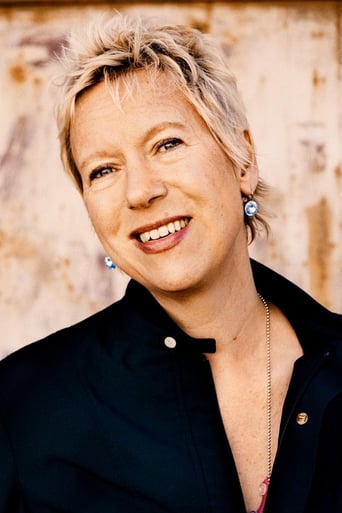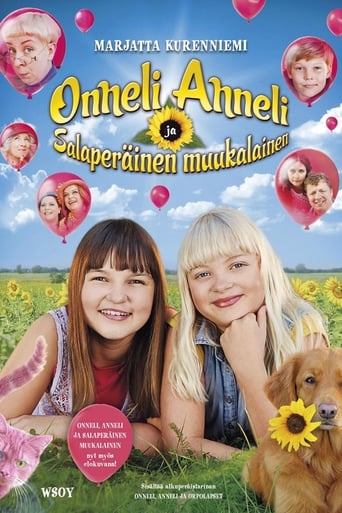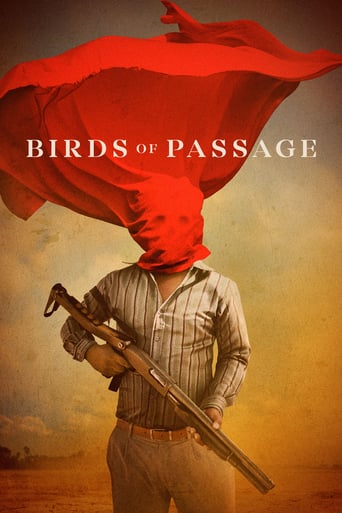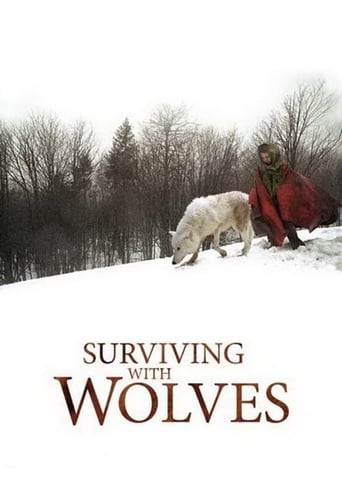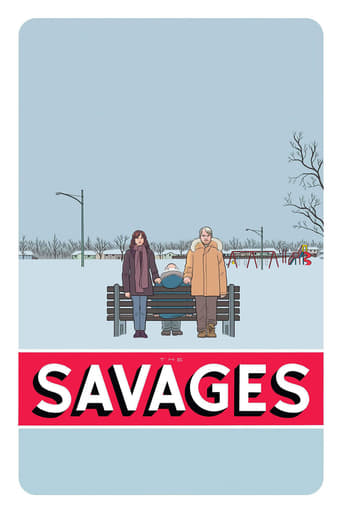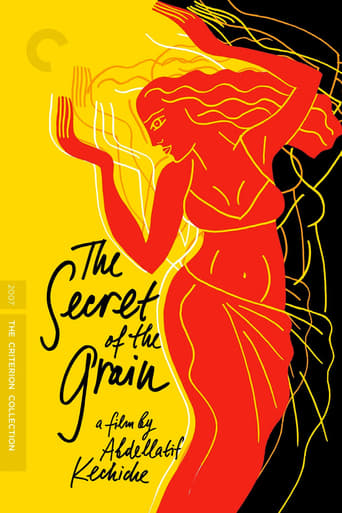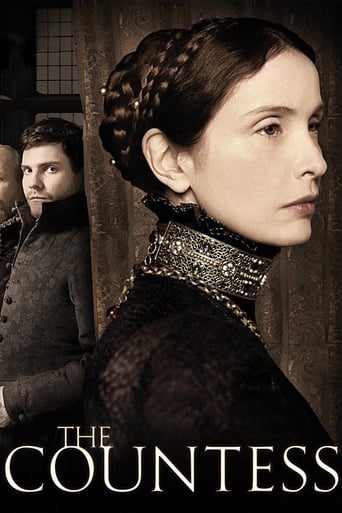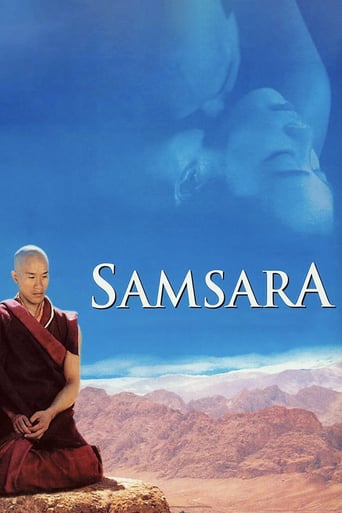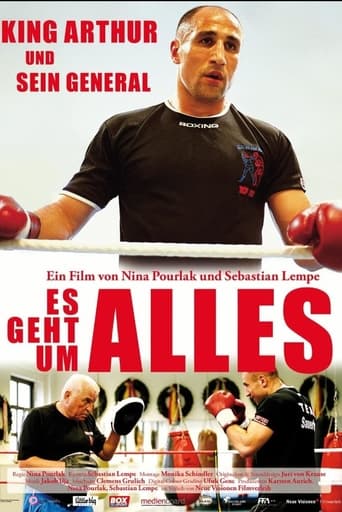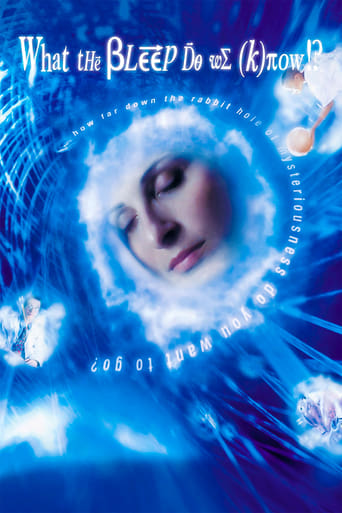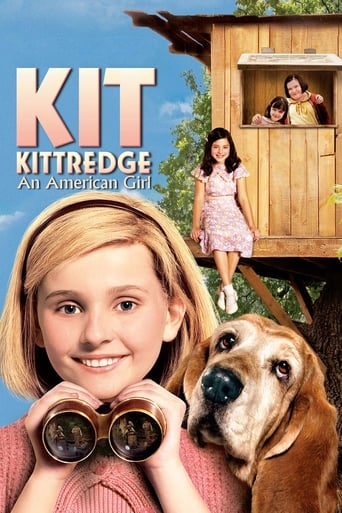

How to Cook Your Life (2007)
A Zen priest in San Francisco and cookbook author use Zen Buddhism and cooking to relate to everyday life.
Watch Trailer
Cast


Similar titles
Reviews
Excellent, Without a doubt!!
While it doesn't offer any answers, it both thrills and makes you think.
It really made me laugh, but for some moments I was tearing up because I could relate so much.
By the time the dramatic fireworks start popping off, each one feels earned.
Famed cookbook author Edward Espe Brown takes the old adage "You are what you eat" to a whole new level. For this master chef/Zen priest believes you must actually become "one" with your food (and, as it turns out, with your utensils as well) if you are to ever attain true wholeness of body and spirit in this life. Brown has been conducting courses on how to combine the art of meditation with the art of cooking for decades now, and the documentary "How to Cook Your Life" by German filmmaker Doris Dorrie (who went on to make the superb Zen-flavored drama "Cherry Blossoms" a year later) enrolls us in one of those courses - though we don't get any actual credit for the class and, what's worse, we don't get to sample any of the food.Food for Brown has become a way of life - a spiritual and religious experience, as it were, a means of nurturing the soul as well as the body, of becoming one with nature. And the more organic and less processed that food is the better.Brown spends much of the time in the course dispensing words of wisdom on how to live life in greater harmony with the world around us, with food and cooking as the primary means of achieving that goal (let it be noted that the seminar takes place in a beautiful bucolic center in rural California). And if the philosophizing gets to be a bit too much for you after awhile - as it did for me - and Brown seems more like a self-aggrandizing drama queen than an enlightened master at times (the crying over a teapot - and not even a broken one at that - is a bit much), you can at least savor all the tasty morsels that have been lovingly arrayed for our delectation.Though, come to think of it, with his endless chatter and ceaseless pontificating, Brown puts us in mind of yet another popular expression: "How about a little less gab and a little more grub?"
I did not find his impatience with his followers to be zen at all. When Mr. Brown snapped at the people for not knowing how much salt was needed for the bread and then had the audacity to "ting" the little bell as they all dropped everything they were doing, I laughed. Imagine supposed grown adults being that afraid of someone that seems rather insane. I had to laugh. I mean, really, he cried when he wanted a sponge to clean his cutting board. I can say that I learned a very tiny amount of knowledge on a subject that I basically knew almost nothing about and I feel that I still don't. Too bad. I was willing to watch and learn with an open mind; however, I feel that I opened it and there was very little information that was worth the effort. He speaks of the pursuit of oil in the world that is used to produce, process and deliver food that each of us could make on our own. Without oil, he would not have these nice "retreats" available because someone had to build them and his cookbook would not get very far without people printing and delivering it. The film left me with a feeling that I could have spent that time doing something that was more productive...such as sleeping.
Metaphors about food and its connection to life are common in our society; for example, "life is just a bowl of cherries", or "life is like a box of chocolates. You never know what you're going to get". Yet most of us take food for granted, treating it as little more than a necessary means of survival, pausing only long enough to open a package or stop for fast food on the way home from work. The connection between our life and what we eat is the main theme of German director Dorris Dorrie's documentary How to Cook Your Life featuring Zen practitioner and acclaimed chef Edward Espe Brown. Brown has been a practicing Buddhist for over forty years and is the author of several books including "The Tassajara Bread Book", a main reference book for aspiring bread bakers. Winner of the Audience Award at Sundance, Dorrie's film follows Brown to several Buddhist centers including Scheibbs in Austria, the Tassajara Zen Mountain Center, and the Zen Center in San Francisco as he promotes his ideas about our putting food into a larger context in our life. "When you're cooking you're not just cooking", he says, "not just working on food, you are also working on yourself, on other people." Brown was ordained as a Zen priest in 1971 by Suzuki Roshi and has held cooking classes in Buddhist centers throughout the world, teaching mindful awareness of food in our life. Roshi, author of the popular "Zen Mind, Beginner's Mind", is shown in original archive footage, "When you wash the rice", he once told Brown, "wash the rice, when you cut the carrots, cut the carrots, when you stir the soup, stir the soup." In other words, when you are involved with a task, be involved one hundred percent, stay in present time and silence the little voice in the back of your head.Dorrie divides the film into sections: free your hands, fiasco, cutting through the confusion, anger, affluence, no preferences-no aversions, incomparable, imperfection and blemishes. She also visits an organic farm and a cookware store and shows how a woman creates her own meals by scavenging fruit from trees and leftovers from grocery stores. Brown aches for a return to a simpler life with more personal involvement with food. His emphasis is on the joy of using our hands in cooking and has nothing good to say about the packaged and processed foods that permeate our society. He talks with nostalgia about his memories of when his father baked his own bread. "Why are we eating like this? What went wrong? We're eating a puffy kind of chemically, not very tasty, papery-cardboard bread. We don't do things anymore because supposedly machines can do it better."Brown has a strong point of view and has the ability to laugh at himself with a little chuckle like the Dalai Lama, though at times his personality can be somewhat irritating and I would have enjoyed hearing from more of the participants at the Centers. Dorrie does not set him up as a saint, however, showing his occasional lapses into anger and frustration and his tears when describing a dented teakettle and comparing it to the worn vessel of our own bodies. The message, however, comes through clearly. Brown says, "When we give away our capacity to do things with our hands, with our bodies, to use our hands to knead the bread, to make things, to touch things, to smell things, how are we going to feel alive?" I remembered this the next day when I made pancakes from scratch for the first time in many years. Not bad, either.
I enjoyed this film very much. Food and cooking have always made an excellent vehicle for the earthy, practical wisdom of Zen. Edward Espe Brown comes across as a very genuine teacher, and humble too--unafraid to share his own human emotions, his own work on himself. I appreciated his stories and sense of humor, as well as his gentle reminders of how profound and sacred our relationship to food really is, and how far we have lost this in the contemporary world. This is a contemplative and uplifting film with a lot of heart that made my hectic mind slow down and relax...An added bonus is some rare video footage of the great Suzuki-roshi, author of "Zen Mind, Beginner's Mind".


